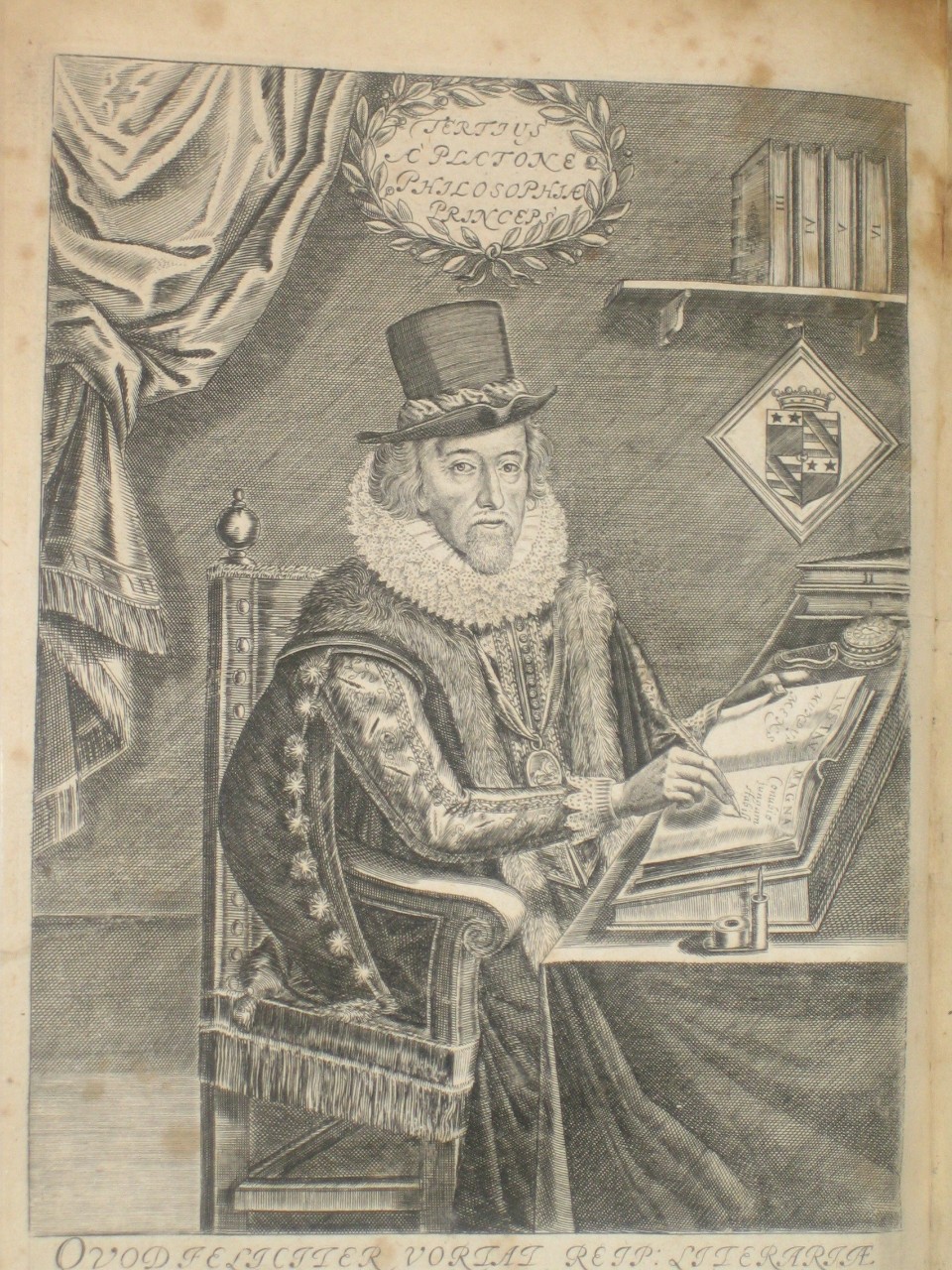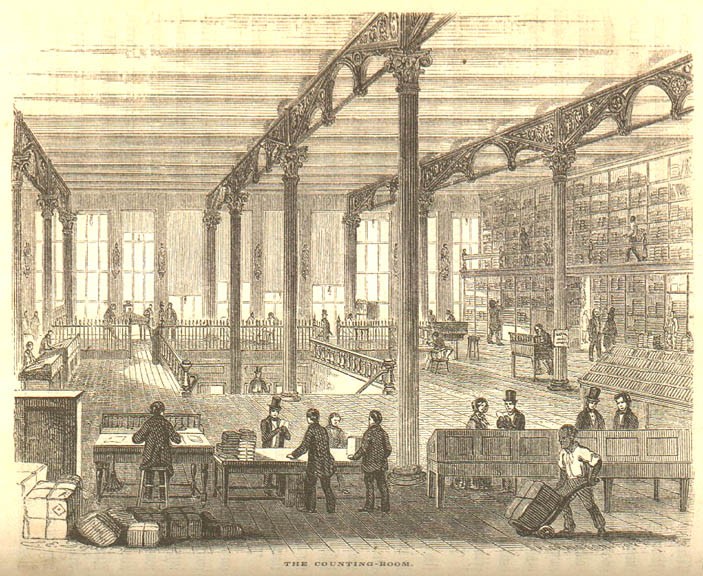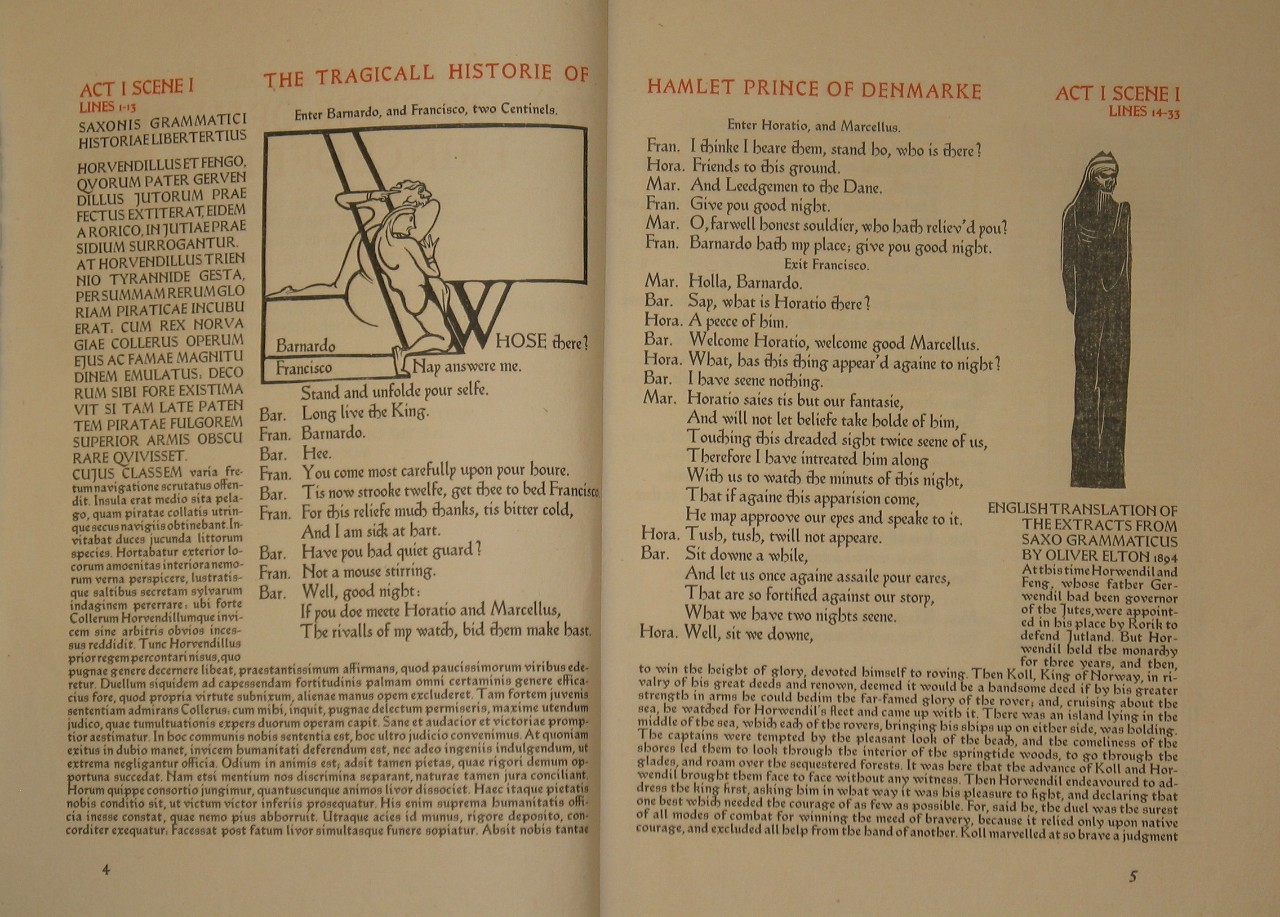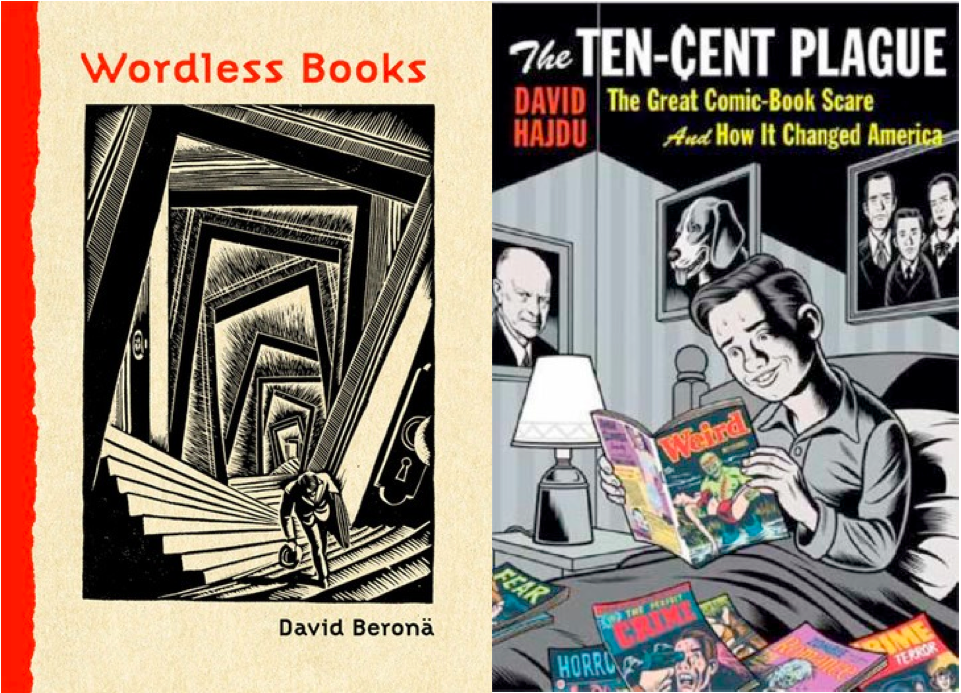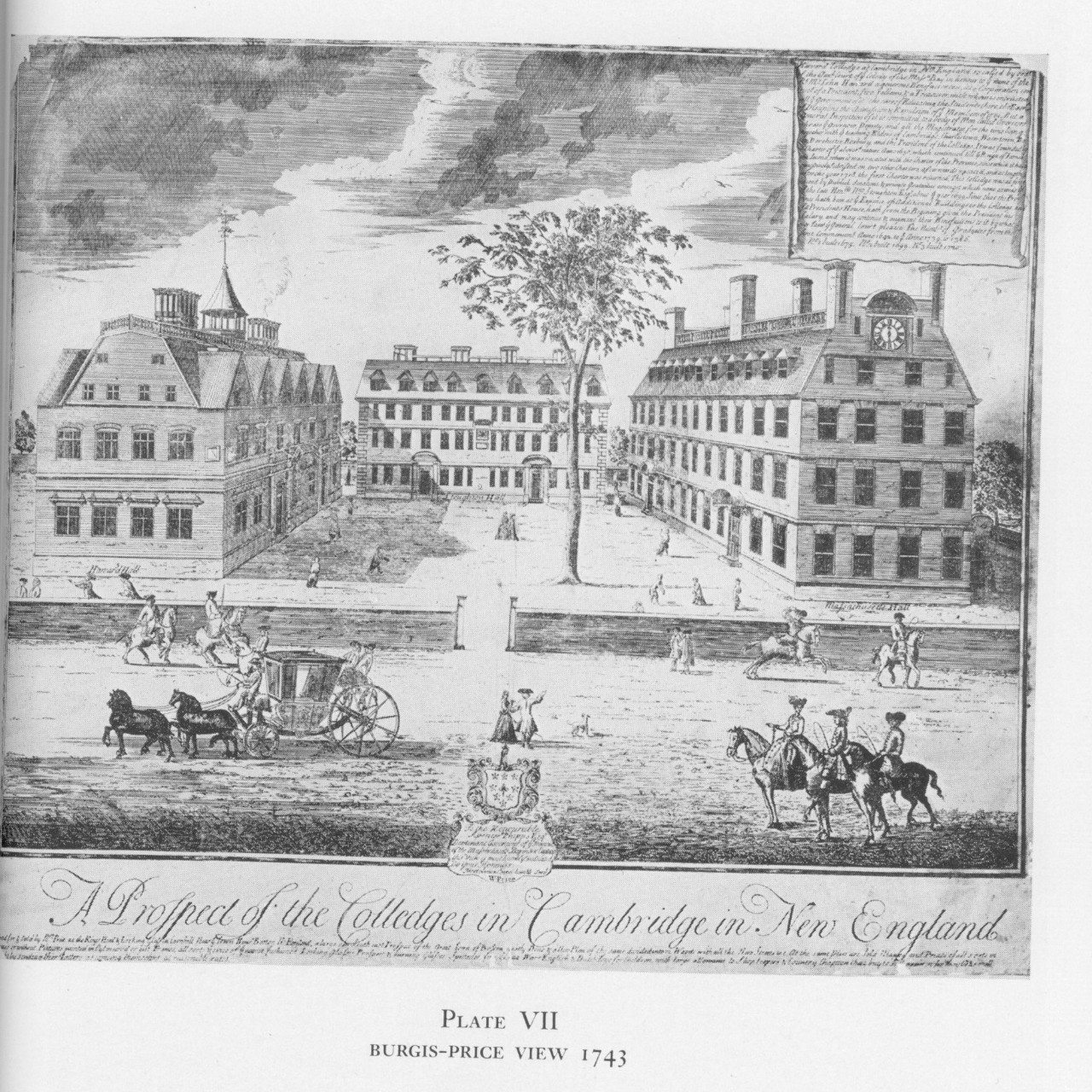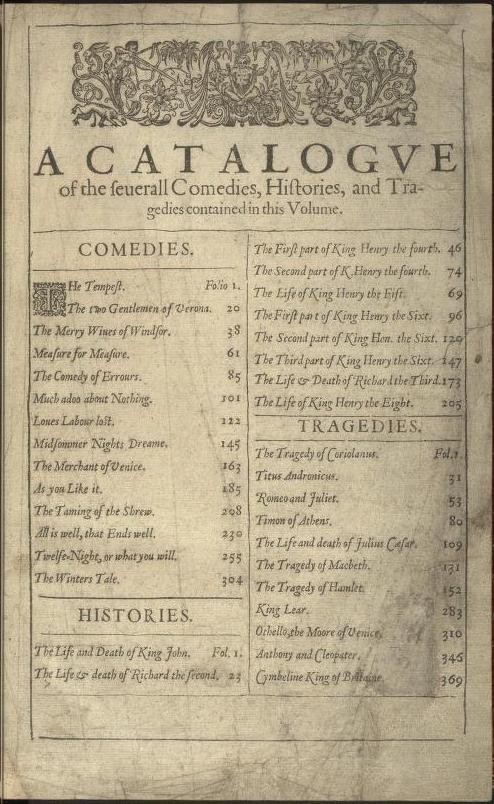2008-2009 Book History Colloquium at Columbia University
The Book History Colloquium at Columbia University, open to any discipline, aims to provide a broad outlet for the scholarly discussion of book history, print culture, the book arts, and bibliographical research, and (ideally) the promotion of research and publication in these fields. Our presenters include Columbia faculty members and advanced graduate students, and scholars of national prominence from a range of institutions.
Questions? E-mail Gerald Cloud.
All sessions take place in 523 Butler Library, 6:00 – 7:30 p.m.
Spring 2009
February 10, 2009
Alan Stewart
Professor of English and Comparative Literature, Columbia University
“Observations upon libels: Francis Bacon’s manuscript writings on print”
In 1589 and again in 1592, Francis Bacon wrote lengthy discussions of recent printed books: the first on the Martin Marprelate pamphlets and the response to them, the second on a Catholic attack on a recent anti-Catholic proclamation by the queen. In each, Bacon was drawing attention to current print controversies--but he himself circulated his tracts only in manuscript. This paper explores the ongoing and edgy relationship between the media of manuscript and print in the late sixteenth century, and suggests we have to look beyond the so-called “stigma of print” to explain the complex dynamics of writing in manuscript.
March 19, 2009
Michael Winship
Professor of English, University of Texas, Austin
“Book Distribution and Book Stores in the United States, 1850 to 1950”
In 1931, O. H. Cheney characterized book distribution – the movement of books from publisher to buyer – as the “tragedy of the book industry” in the United States and suggested that the industry, unless changes were made, was “threatened with destruction.” Yet, the basic system for the national distribution of trade books in the United States did survive, and in fact proved to have remarkable longevity, continuing more or less intact from its inception during the first half of the 19th century into the final decades of the 20th. This paper, based largely on unpublished research, explores the trade-book distribution system of that period, emphasizing the role of the independent book stores as the central agent site for book purchasing. The talk will especially focus on book store directories that, from 1859, documented the spread of book stores as the nation expanded, as well as the nature of book stores – how they acquired and arranged their stock – in order to understand how that system functioned, as well as its successes and failures.
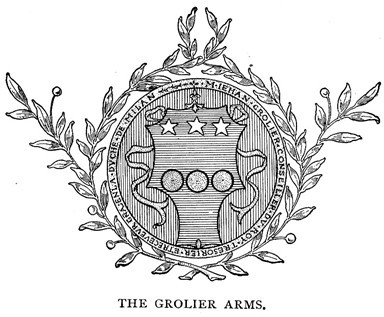
March 31, 2009
6 pm, Special Session at the Grolier Club
Eric Holzenberg, Roger Gaskell, and Ed Maggs
Panel discussion on Booksellers, Bibliophiles, and Scholarship
In conjunction with the New York Antiquarian Book Fair, this special session features a panel discussion with Roger Gaskell (Roger Gaskell Rare Books), Eric Holzenberg (Director, the Grolier Club), and Edward Maggs (Maggs Bros. Rare Books) on "Booksellers, Bibliophiles, and Scholarship," discussing the role of collectors and the antiquarian book trade in the development of institutional libraries and in the support of scholarship in general. 6 pm. Co-sponsored by the Grolier Club.
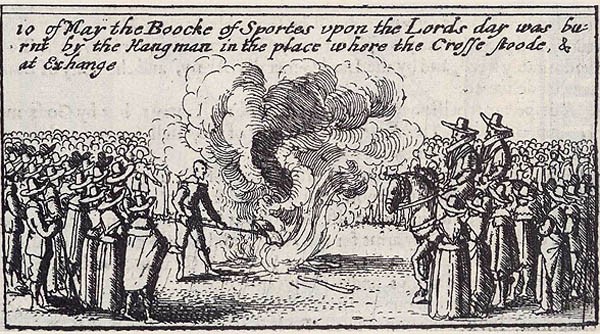
April 13, 2009
David Kastan
George M. Bodman Professor of English, Yale University
“Naughty Printed Books”
The Book History Colloquium is please to welcome David Kastan back to Butler Library. His topic will deal with censorship in Early Modern England.
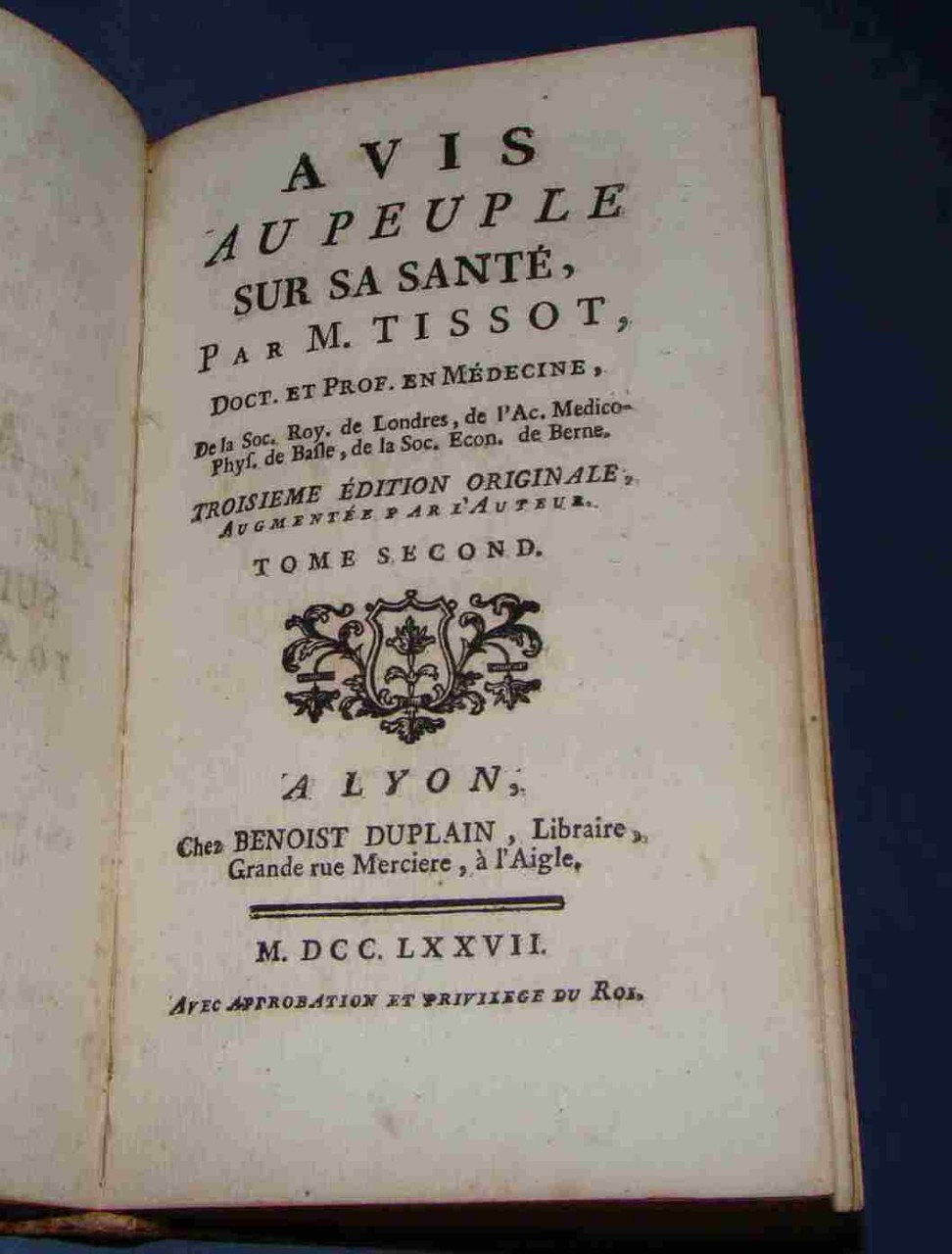
April 21, 2009
Patrick Singy
Society of Fellows, Columbia University
“Writing, Reading and Popularizing Samuel Auguste Tissot’s Avis au peuple sur sa santé (1761)”
Samuel Auguste Tissot’s Avis au peuple sur sa santé, first publishedin 1761, was one of the biggest medical best-sellers of the eighteenth century and was reprinted many times. Because of this success, historians have seen in this book the quintessential example of the popularization of medicine. In this talk, Patrick Singy will present his analysis of successive editions of Avis au peuple and the vast archive of correspondence between Tissot and his patients, arguing that the popularization of medicine was in fact a process that involved both the author and his readers.
Fall 2008
September 9, 2008
Jennifer Buckley
Columbia University
“What is the matter that you read?”: Edward Gordon Craig and the Cranach Press Hamlet
Jennifer Buckley will discuss the Cranach Press Hamlet and the book’s illustrator, Edward Gordon Craig (1872-1966). Craig, also a stage director, set designer, and theatre theorist, sought to prove that Hamlet was fundamentally a work of literature and thus unstageable, but his contributions to the Cranach Hamlet show that the two media cannot be so easily disentangled.
September 25, 2008
Panel discussion with:
David Berona, Plymouth State University
David Hajdu, Columbia University
Mike Kelly, New York University
Reading Pictures, Burning Comics: New Perspectives on the History of Graphic Narrative
The publication of two recent books—Berona’s Wordless Books (2008) and Hajdu’s Ten-cent Plague (2008)—inspired this panel discussion. Moderator, comics scholar, and rare book curator Mike Kelly will lead a discussion with Berona and Hajdu on current scholarship, historical perspectives, and a consideration of the place wordless books, graphic novels, and comics hold in both contemporary culture and the History of the Book.
October 7, 2008
David Whitesell
American Antiquarian Society
The Harvard College Library and Its Users, 1762-1764: Reassessing the Relevance of Colonial American College Libraries
The earliest extant circulation records for an American college library—those for the Harvard College Library from 1762-1764—afford an exceptionally detailed view of how the library was used and by whom. Library use was far more extensive than historians have previously thought.
November 5, 2008
Adam Hooks
Columbia University
Making Histories: Shakespeare and the Problem of Genre
Adam Hooks will discuss the disproportionate influence that the First Folio has had on our notion of Shakespearean genres, using the Folio's familiar catalogue of Comedies, Histories, and Tragedies as a case study. The multitude of generic designations given to the plays, in forms such as contemporary catalogues and subsequent edited collections, have been overshadowed by the current cultural status of the Folio, but what is now often called the most important book in the history of English literature was initially a critical failure subjected to years of often heated commentary and debate.
